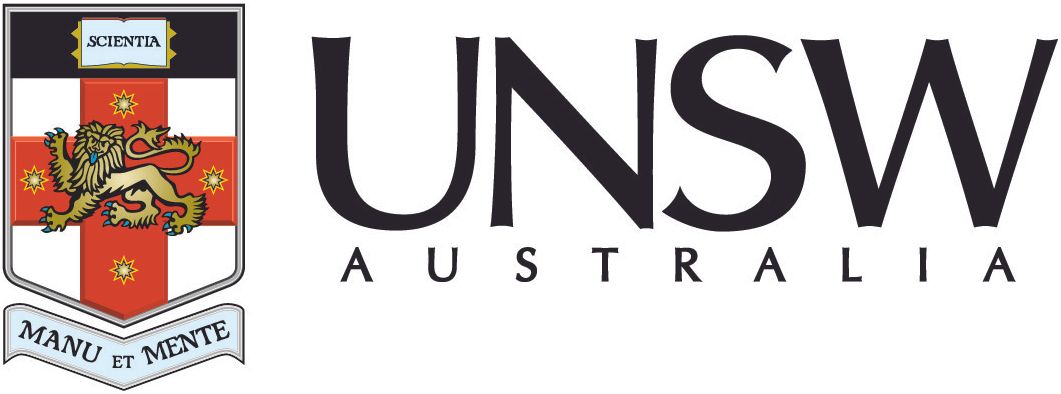Experts and community back Environment Minister’s proposed rejection of luxury marina at globally important wetland site
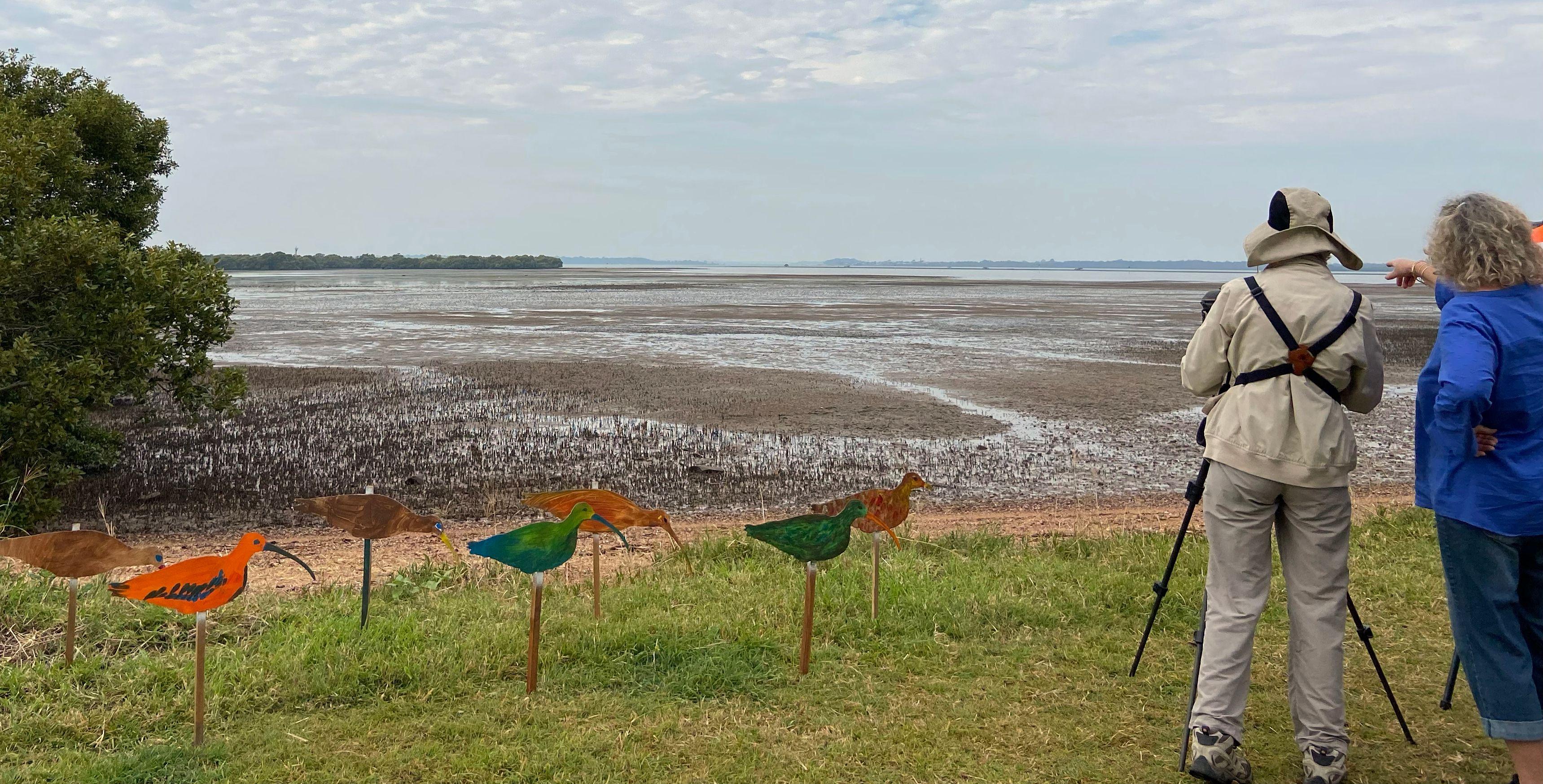
The tidal mudflats at Toondah Harbour are globally significant for migratory shorebirds. Photo Martine Maron
Media Release
9 April 2024
The Biodiversity Council has backed federal Environment Minister Tanya Plibersek’s proposed rejection of a luxury apartment and marina development at an internationally important wetland near Brisbane.
The proposed Toondah Harbour wetland site is part of the Moreton Bay Marine Park and is protected as a wetland of international significance under the Ramsar Convention.
The wetland provides critical habitat for threatened and migratory bird species — including six per cent of the global population of Critically Endangered Eastern curlews and 50 per cent of all Grey-tailed Tattlers.
A recent national survey conducted by Monash University for the Biodiversity Council found that the vast majority (96%) of Australians believe that is important for Australia to uphold its international obligations under the Ramsar Convention on Wetlands, and a majority (58%) believe it is very important.
The Biodiversity Council is an independent expert group founded by 11 Australian Universities to promote evidence-based solutions to Australia’s biodiversity crisis.
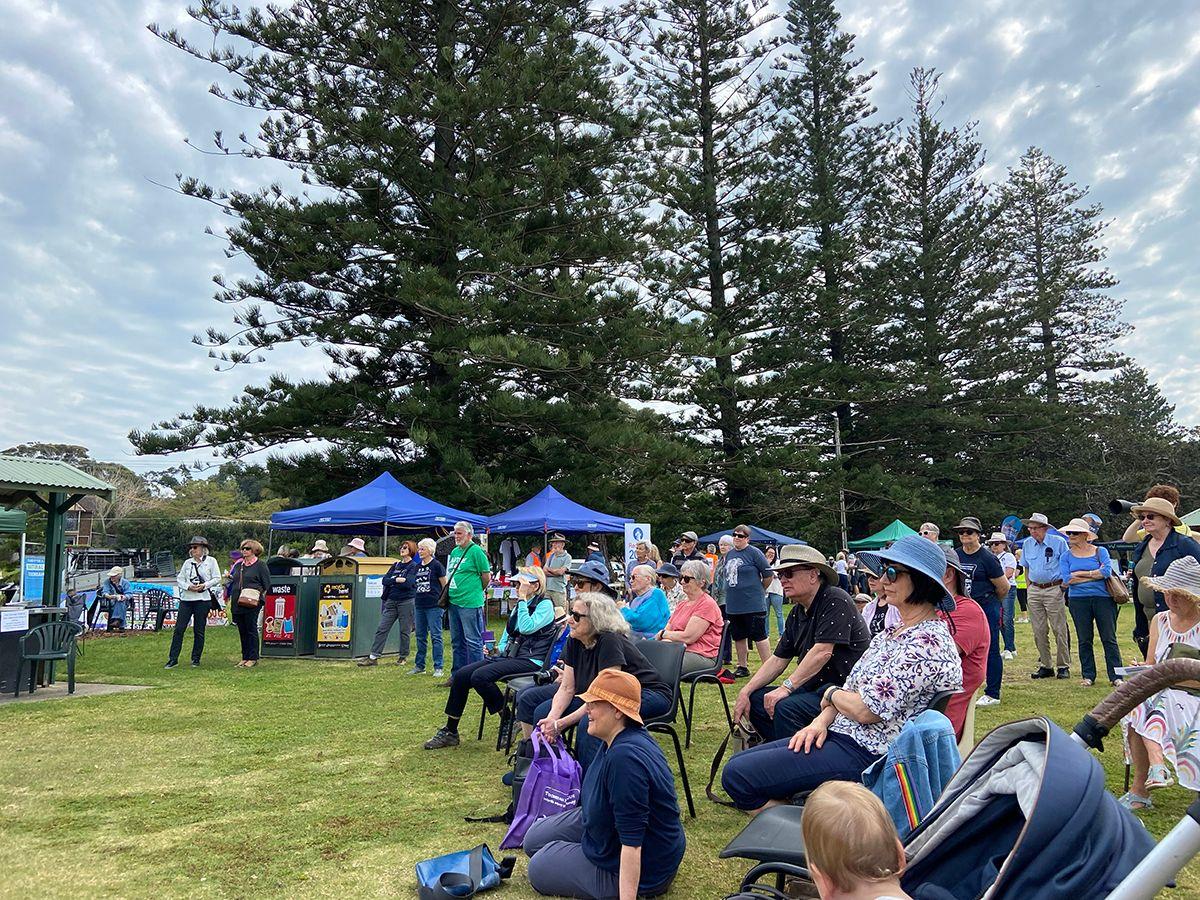
Thousands of people from the Brisbane and Redlands communities turned up to rallies to save Toondah Harbour from the impacts of the proposed luxury Walker Corporation development. Photo: Martine Maron
Biodiversity Council Director James Trezise said:
“The decision to reject this development at a Ramsar protected wetland shows that we take our international commitments seriously.
“Our recent survey found that this is exactly what the vast majority of the Australian community want and expect from our government.
“To create artificial islands and build a luxury apartment and 200 berth marina complex in an internationally protected wetland is an absurd proposal.
“This project never had a social license because of its potential environmental impacts.”
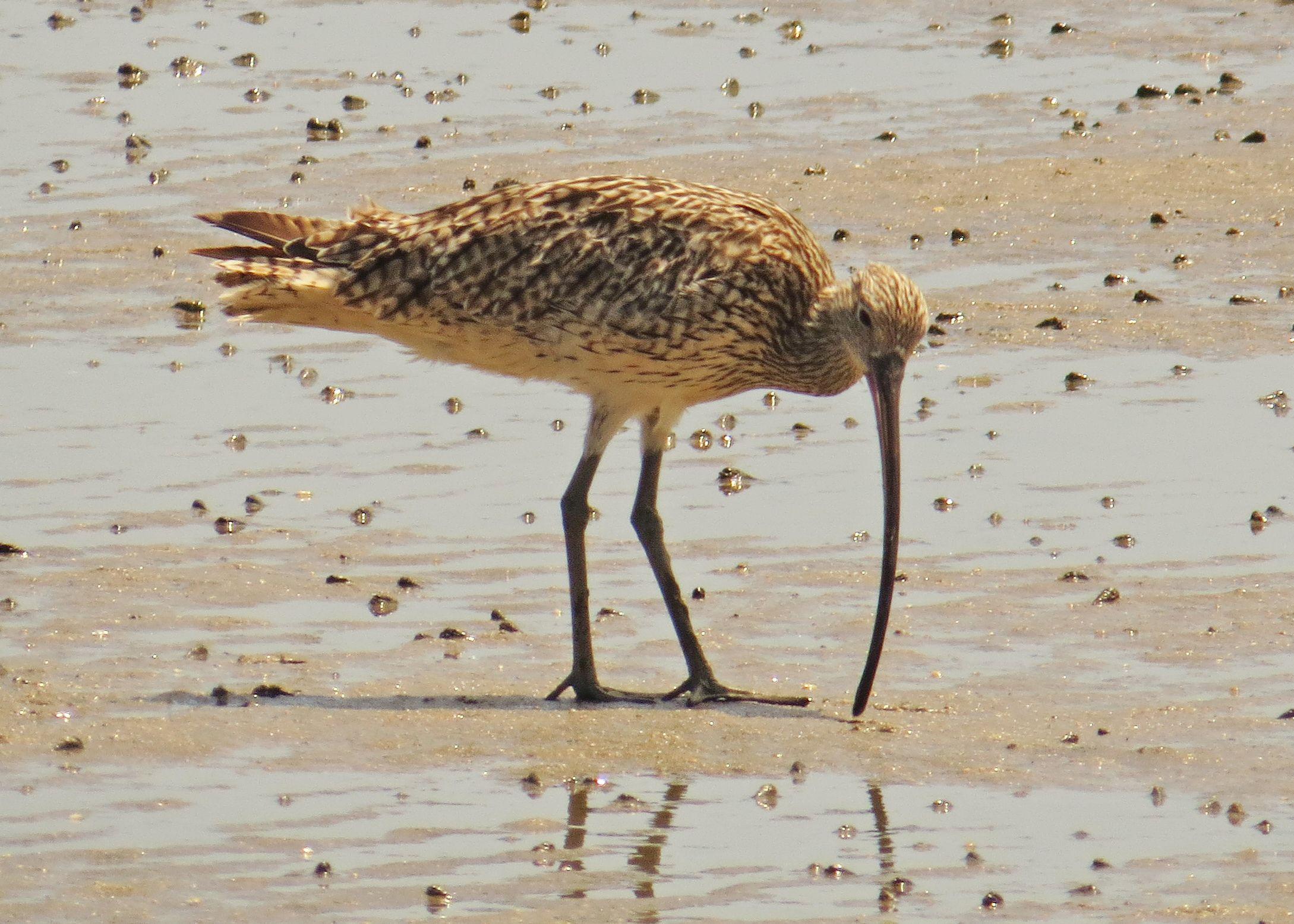
The Critically Endangered far eastern curlew is one of the shore birds that depend on Toondah Harbour. Photo: Donald Hobern CC BY 2.0/Wikimedia Commons
Biodiversity Council Co-chief Councillor Professor Hugh Possingham from The University of Queensland, a former Queensland Government Chief Scientist said:
“The Minister has upheld the Act and that is great news that she is putting some spine into the EPBC Act.
“Given this is a Ramsar wetland the proposal should never have happened.
“This sends a strong message to developers and the community that the EPBC Act is now going to be enforced.”
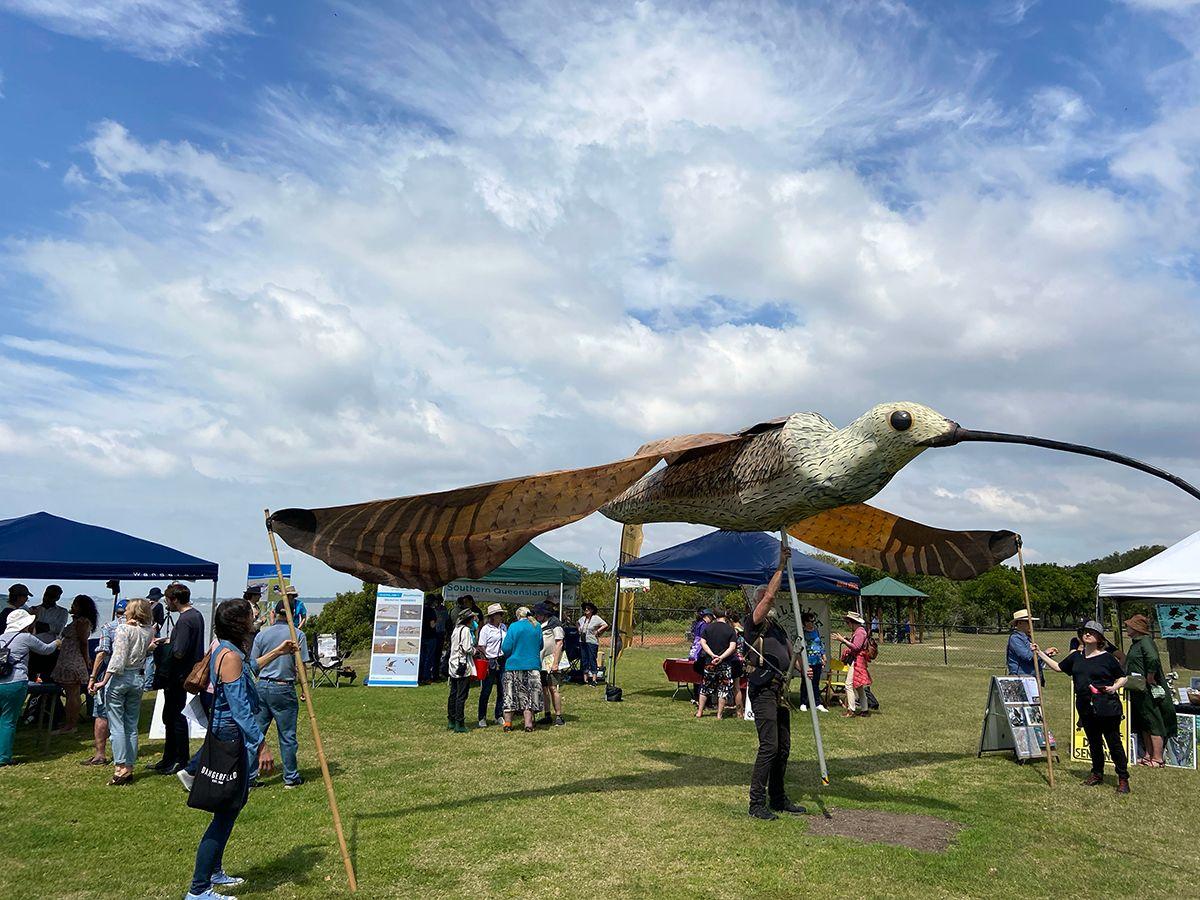
Biodiversity Council member Professor of Environmental Management Martine Maron from The University of Queensland said:
“The Toondah Harbour site provides essential habitat for the critically endangered far eastern curlew and also supports many other shorebirds that migrate from Australia to northern Asia – some as far as the arctic circle - and back every year.
“Many community members have tirelessly advocated for almost a decade for these wetlands and the birds that depend on them. Many people will feel a tremendous sense of relief tonight.
“Australia was among the first countries to sign the Ramsar Convention in 1971 because even 50 years ago, we understood that birds and biodiversity were in peril and that to save them, we needed to protect important wetland habitats.
“We led by example in 1971 and there are now 172 countries that are party to the convention and have committed also to protect their important wetlands, something we should all be very proud of.
“The decision by Minister Plibersek to reject this proposal is absolutely the right one according to Australian law, community expectations and a large body of evidence that showed that this development would have had unacceptably high impacts at a globally important place for nature that we have promised to protect.”














